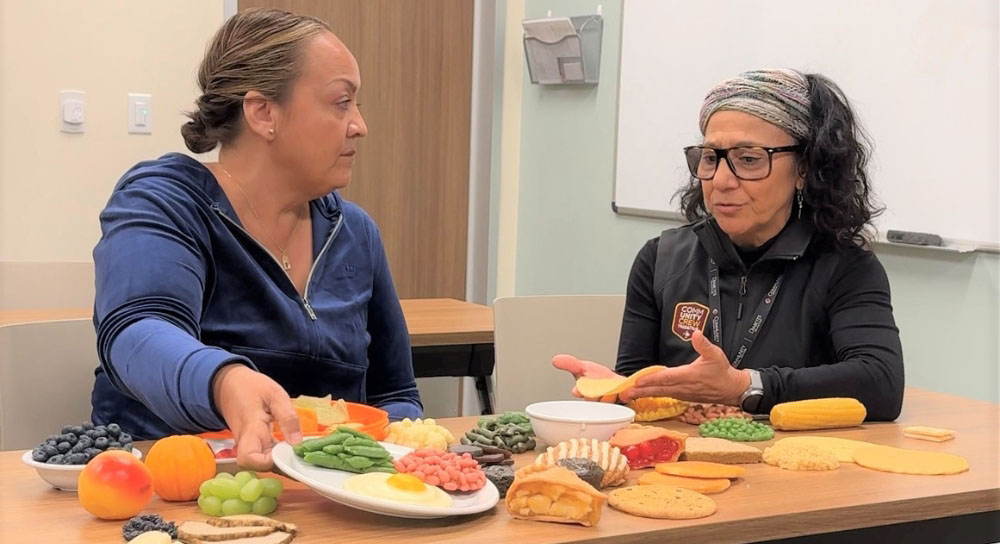Something new to watch for this winter — a “twindemic,” otherwise known as a “one-two punch” from COVID-19 and the flu. Dr. Rais Vohra, interim health officer for Fresno County Department of Public Health, says no one wants to be unnecessarily exposed to this combination of viruses and encourages everyone to get vaccinated, social distance and wear a mask.
“We know that during the winter months our risk for both infections really goes up,” Dr. Vohra says.
And while there’s no way to predict how bad the flu season will be, having a flu vaccine allows you to be as protected as possible — and the same goes for getting a COVID-19 vaccination, he says.
“COVID-19 and the flu are two different viruses but they cause a very similar clinical syndrome. So people may have a spectrum of illness that ranges from just the sniffles and a runny nose … all the way to having full-blown pneumonia, which could land them in the hospital or ICU, and they may even end up on a ventilator,” he says.
So how do you know if you have COVID-19 or the flu? “Great question!” says Dr. Vohra. “You really just have to go get tested. It’s the only way to really know.”
Is it a flu symptom or COVID-19?
Both viruses have many of the same symptoms:
Flu symptoms
-
Fever* or feeling feverish/chills
-
Cough
-
Sore throat
-
Runny or stuffy nose
-
Muscle or body aches
-
Headaches
-
Fatigue (tiredness)
-
Some people may have vomiting and diarrhea, though this is more common in children than adults
*It’s important to note that not everyone with flu will have a fever.
COVID-19 symptoms
-
Fever or chills
-
Cough
-
Shortness of breath or difficulty breathing
-
Fatigue
-
Muscle or body aches
-
Headache
-
New loss of taste or smell
-
Sore throat
-
Congestion or runny nose
-
Nausea or vomiting
-
Diarrhea
This list does not include all possible symptoms, which can vary.
Testing is the only way to know for sure
Dr. Vohra says if you start feeling any of these symptoms, you should go get tested as soon as possible. If you’ve been around someone who’s tested positive and you start showing symptoms, go get tested. And always self-isolate until you have a negative diagnosis.
For best protection against the flu, Dr. Vohra says it’s best to get a flu shot — it’s recommended for every person over the age of six months. Children five and older can also receive the COVID-19 vaccine. (Always consult your doctor if you have questions about the vaccines.)
“You can actually get your COVID-19 and flu shots on the very same day,” he says.




.jpg)


